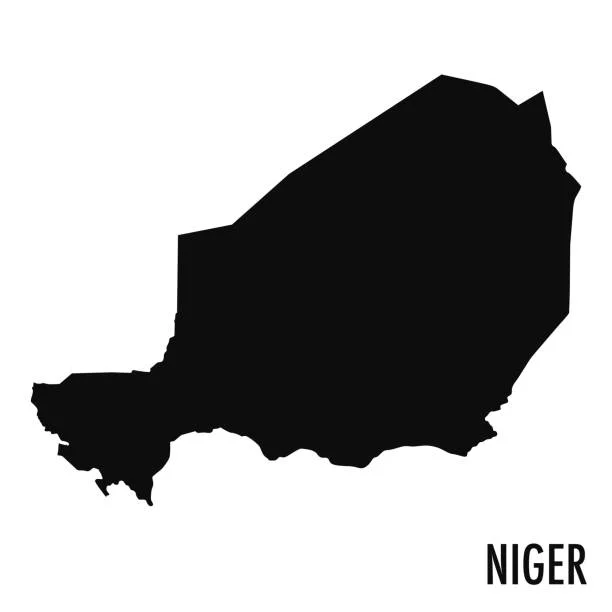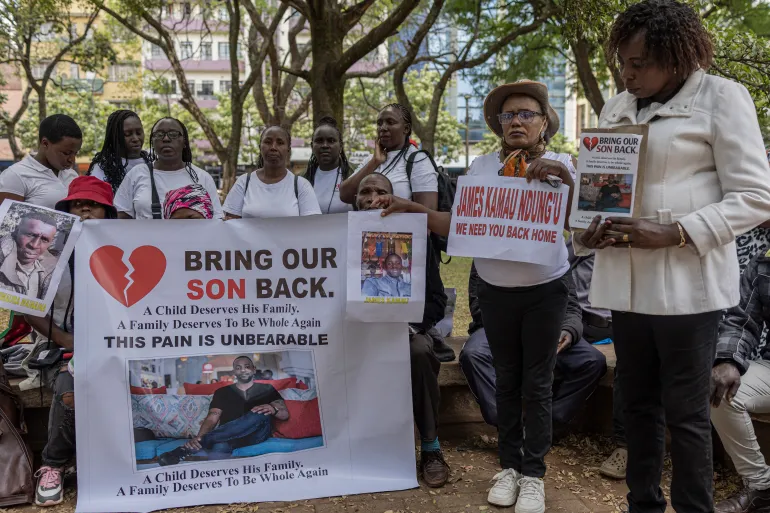People in Niger are experiencing the harsh consequences of sanctions imposed by the Economic Community of West African States (ECOWAS) following a military coup in the country, which has led to extended power outages.
A little over a week ago, ECOWAS, along with the West African Economic and Monetary Union (UEMOA), enacted economic and financial penalties against Niger in response to the unconstitutional seizure of power. These sanctions have hit the landlocked nation hard, with one of the most significant impacts being a drastic reduction in electricity supply. This is because Nigeria, which provides 70% of Niger’s electricity, has halted its supply in line with ECOWAS directives.
In the capital, Niamey, as well as in several other cities, residents are struggling to adapt to these power shortages, leaving neighborhoods plunged into darkness for extended periods. The blackouts are becoming a new normal, as people cope with reduced access to electricity.
A tailor in Niamey noted, “We used to work long hours from morning until midnight, but now, that’s impossible. We only get about an hour and a half of electricity daily, making it hard to be productive. Ever since Nigeria cut off our electricity, business has dropped. We rely on a generator, but it’s expensive because we constantly need fuel.”
The prolonged power cuts are not only disrupting small businesses but also affecting other sectors, such as the arts. An editor lamented the situation, saying, “These outages are crippling our work. I have audio edits to finish, but I can’t get them done. Both I and the artists I work with are suffering.”
Beyond daily inconveniences, there are growing concerns about how these blackouts will impact Niger’s economy. A local resident shared his fears: “People are now forced to buy torches and generators, which means they also have to purchase batteries and fuel. These extra costs will hurt the purchasing power of ordinary people, and this could trigger inflation. It’s devastating because electricity is essential to nearly all economic activities.”
The power cuts follow a military coup that took place on July 26, when Niger’s President Mohamed Bazoum was detained, and Abdourahamane Tchiani, a former leader of the presidential guard, was declared the head of the newly formed National Council for the Safeguard of the Homeland. This council, established by the military, has taken on both legislative and executive authority since the coup.
This recent coup is the third in West Africa in just three years, sparking condemnation from several African countries, which see these unconstitutional changes of power as a direct threat to the region’s stability and development.























